Herbal remedies have been used for centuries to treat various ailments and promote overall well-being. With a resurgence in the interest in natural health, many are turning to these time-tested remedies for relief from common health issues and to enhance their overall wellness. This article will provide an overview of some popular herbs and their traditional uses, along with tips on how to incorporate them into your daily routine.
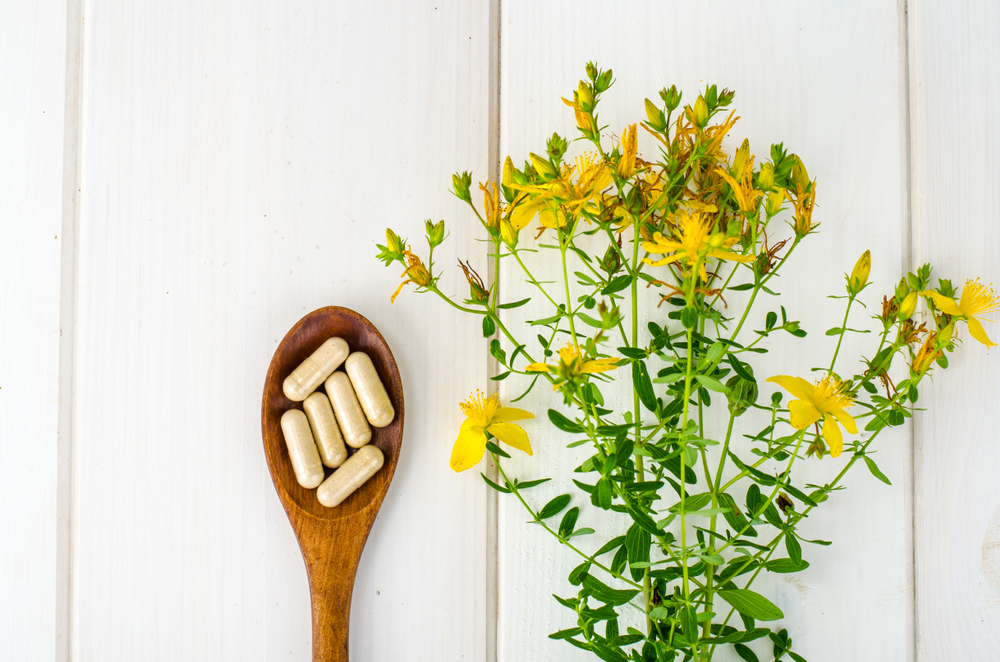
Understanding Herbal Remedies
Herbal remedies involve using a plant’s seeds, berries, roots, leaves, bark, or flowers for medicinal purposes. They can be consumed in various forms, such as teas, oils, extracts, or capsules. While herbal remedies can offer significant benefits, it’s important to approach their use with an informed and cautious mindset, especially regarding dosages and potential interactions with other medications.
Popular Herbs and Their Traditional Uses
| Ginger: Known for its digestive properties, ginger can help alleviate nausea, motion sickness, and indigestion. It’s also used for its anti-inflammatory properties. | 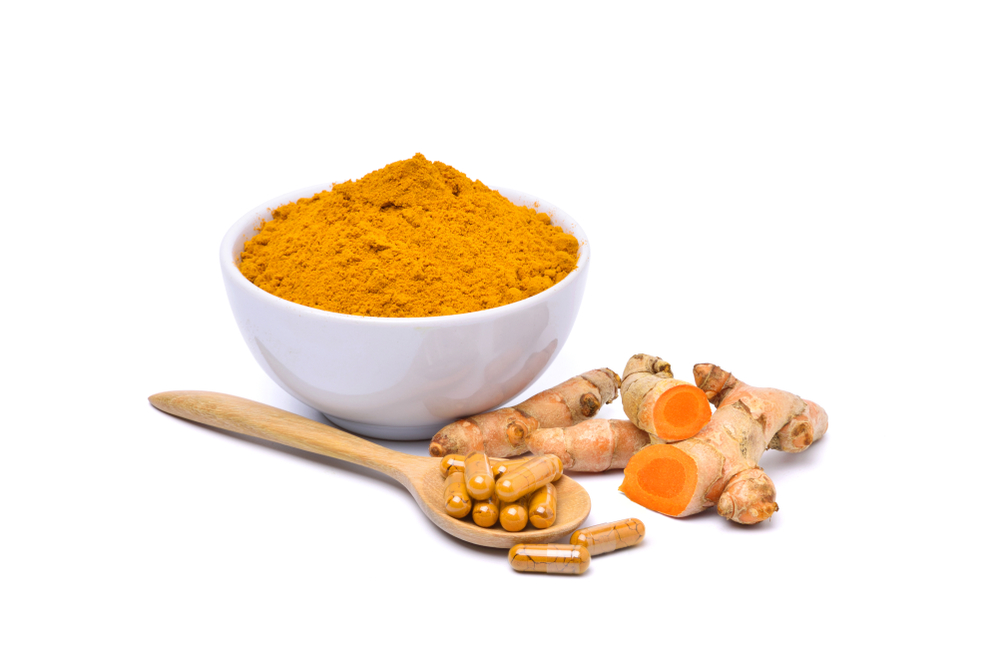 |
| Turmeric: Contains curcumin, a compound with potent anti-inflammatory and antioxidant properties. Turmeric is often used to support joint health and to boost overall immunity. | 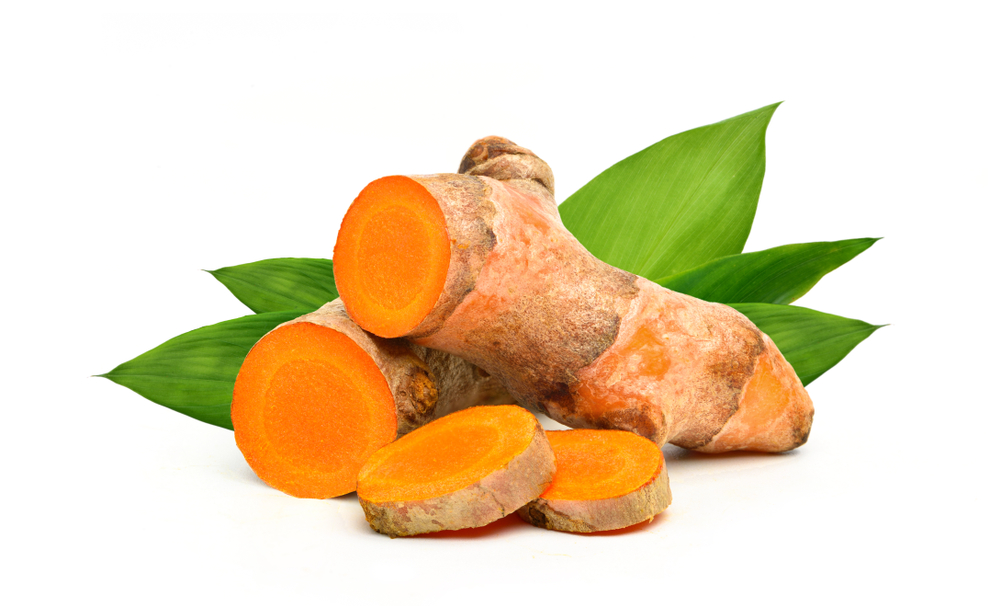 |
| Echinacea: Commonly used to prevent or treat the common cold, Echinacea is believed to enhance the immune system. | 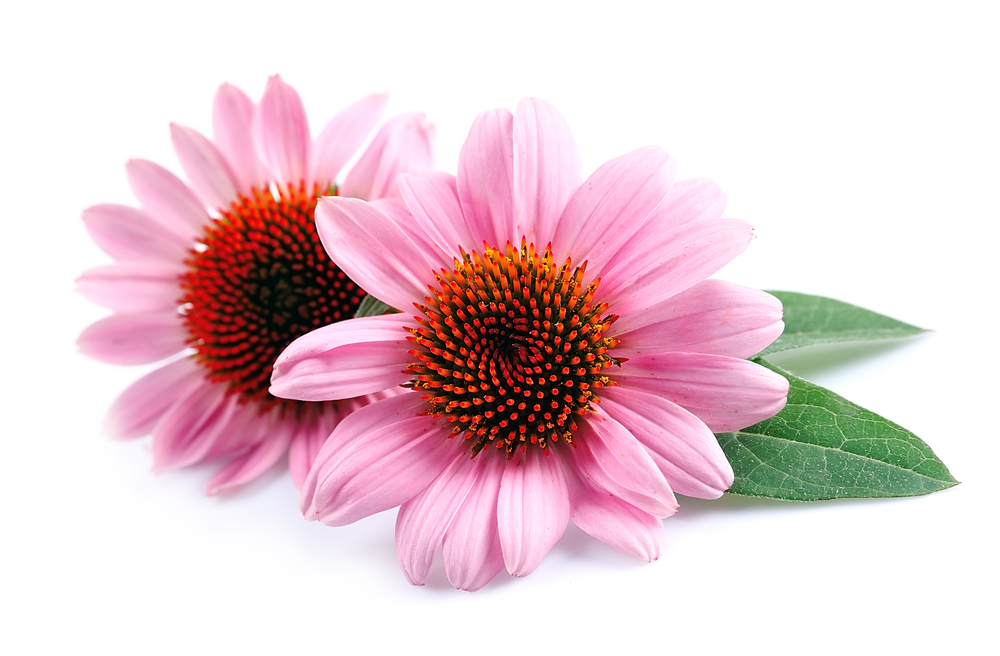 |
| Peppermint: Known for its ability to relieve digestive issues, peppermint can help ease symptoms of irritable bowel syndrome (IBS) and indigestion. | 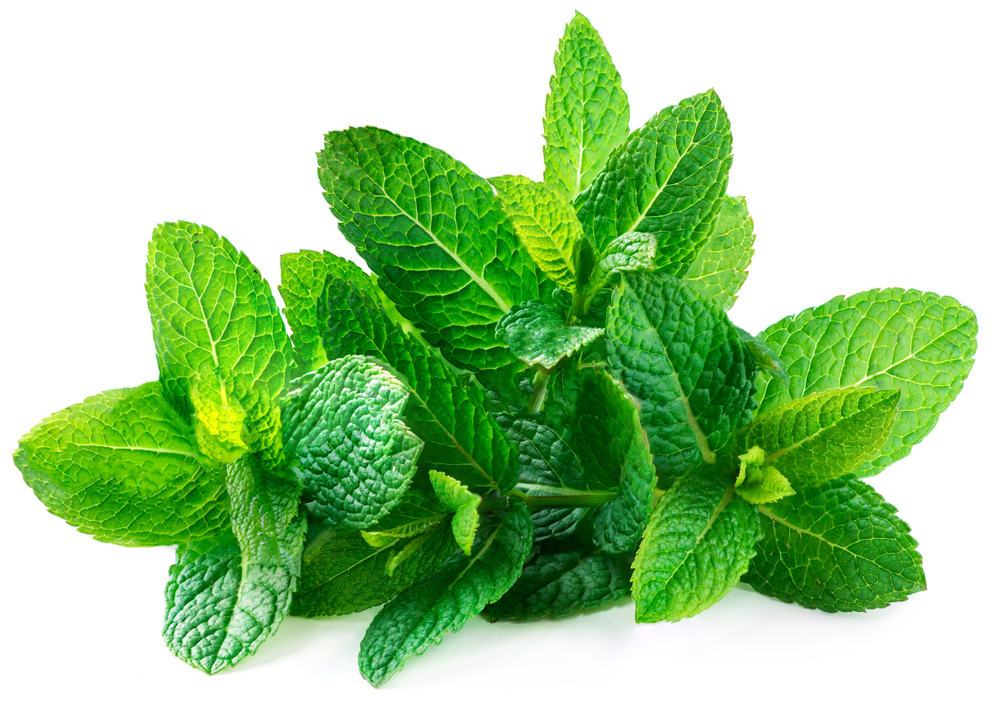 |
| Chamomile: Often consumed as a tea, chamomile is renowned for its calming and sleep-inducing properties, making it a popular choice for those dealing with insomnia or anxiety. | 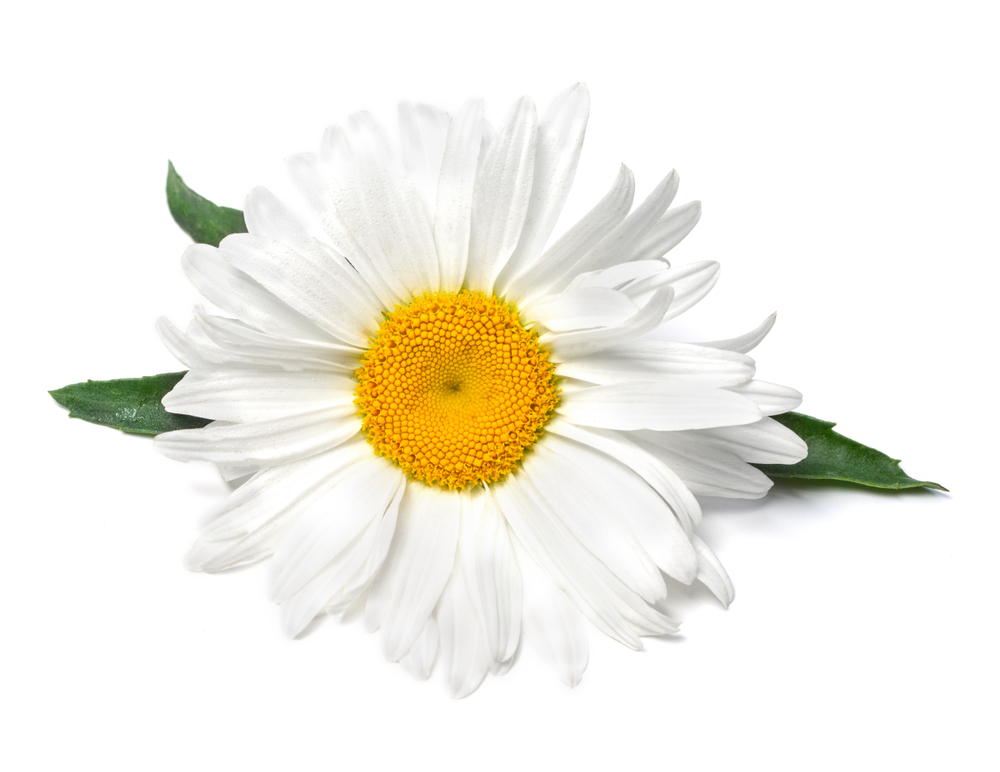 |
| Lavender: Widely used for its calming and relaxing effects, lavender oil can be beneficial in managing stress, anxiety, and sleep disturbances. | 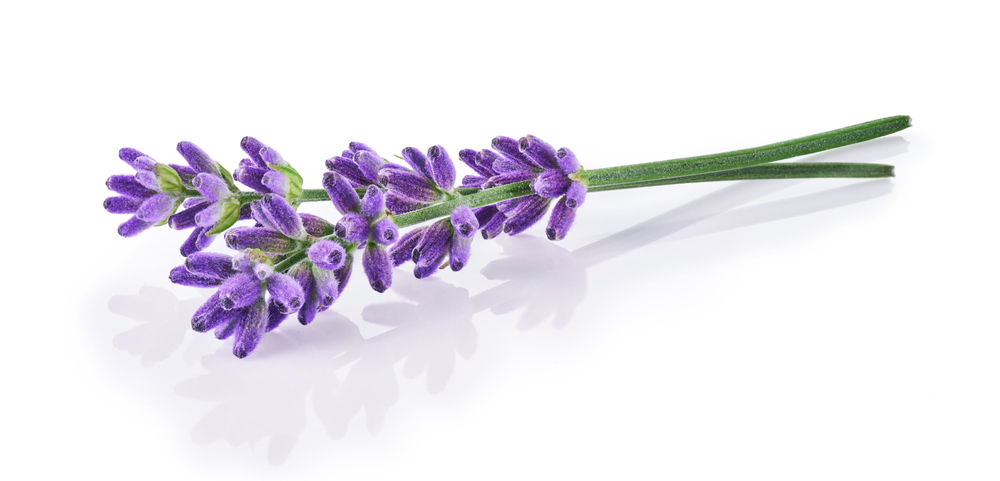 |
Incorporating Herbal Remedies into Your Routine
- Herbal Teas: A simple and enjoyable way to consume herbs. You can find a wide variety of herbal teas in stores or make your own using fresh or dried herbs.
- Tinctures and Extracts: These concentrated forms of herbs can be taken in small doses. They are typically added to water, tea, or juice.
- Topical Applications: Some herbs, like lavender and peppermint, can be applied topically using oils or creams for their therapeutic effects.
- Culinary Uses: Incorporate herbs like ginger and turmeric into your cooking for both their flavor and health benefits.
Precautions with Herbal Remedies
While herbal remedies are generally safe, they can interact with prescription medications and may not be suitable for everyone, such as pregnant women or individuals with certain health conditions. It’s always advisable to consult with a healthcare professional before starting any new herbal regimen.

Herbal remedies offer a natural way to support health and well-being. By understanding the traditional uses of various herbs and incorporating them into your daily routine, you can tap into the power of nature and benefit from its healing properties.
Up Next
Stay tuned for our upcoming article where we will discuss the importance of a balanced gut microbiome for overall health. We’ll explore the role of probiotics, prebiotics, and dietary changes in maintaining a healthy gut, and how a balanced gut can impact everything from digestion to mental health. Join us as we delve into the world of gut health and its profound impact on our overall well-being.
